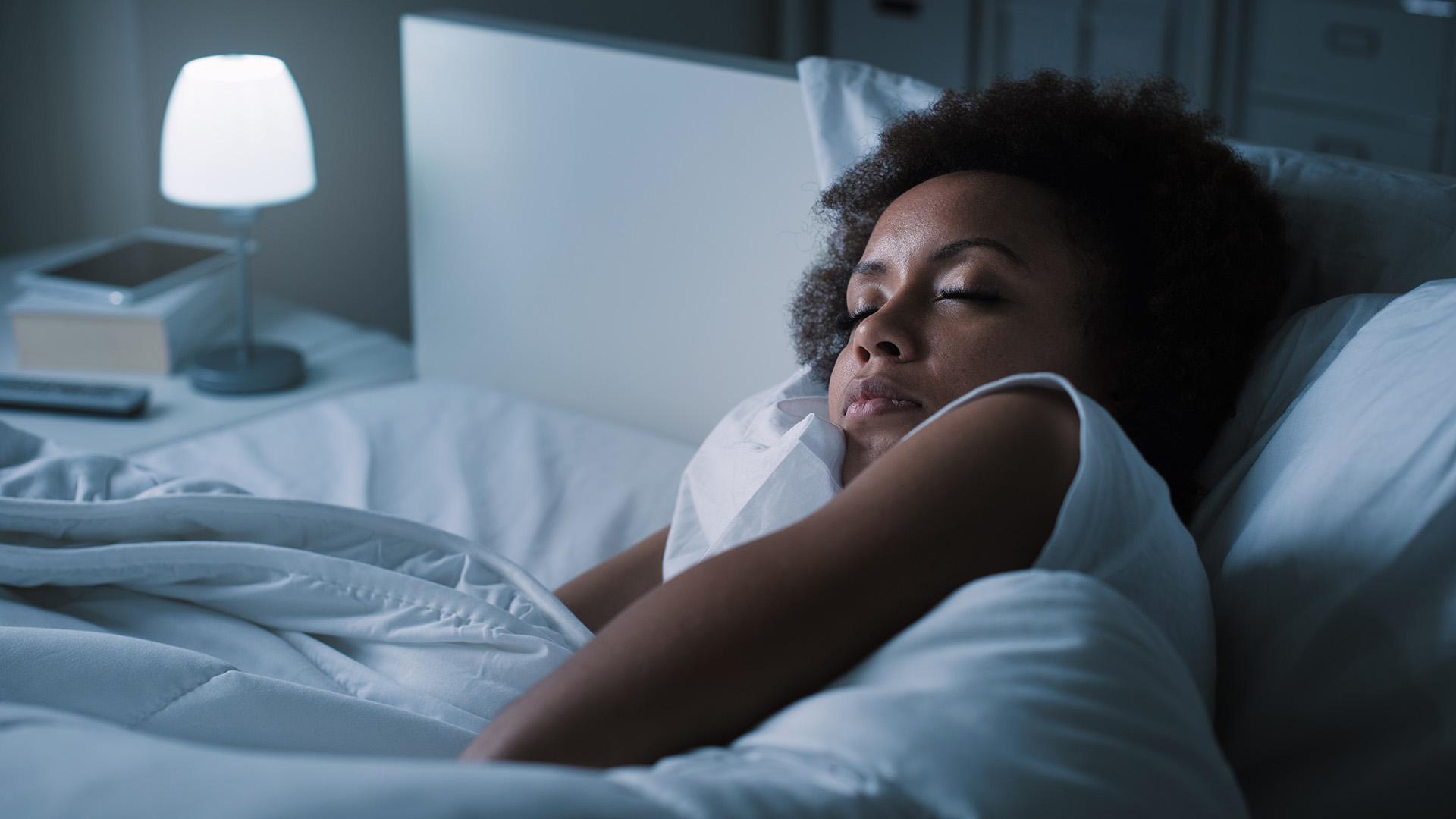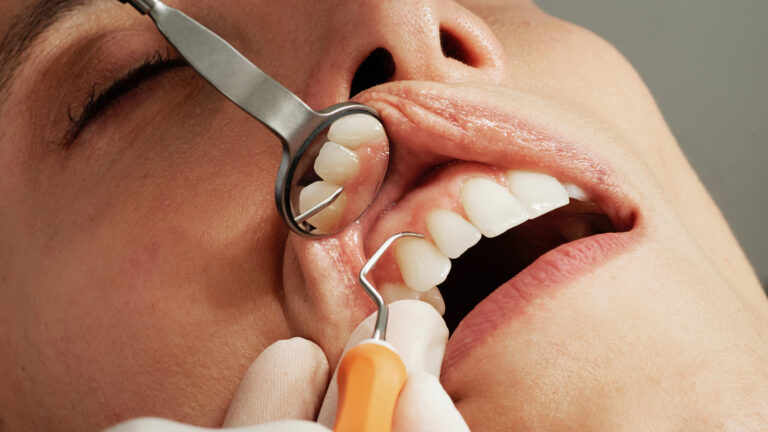Are you a night owl? Can’t sleep? Tired all day and wired all night?
Did you know that 1 in 3 Americans have trouble sleeping? Additionally, 20% of teenagers reported that they sleep less than 5 hours on average per night, not to mention Seasonal Affective Disorder (SAD) is on the rise. This goes to show just how serious our society struggles to stay connected to our internal clock and cyclical rhythms of nature.
In this article, we explore what circadian biorhythms are and how they regulate sleep and other organ functions. We further go on to discuss what it means to be out of sync with the environment and layout strategies to reset your internal clock for restorative sleep, health, and wellbeing.
What is Circadian Rhythm?
Circadian Rhythm is the body’s internal clock which signals us to feel bright and awake in the morning and drowsy in the night. Rhythmic exposure to light and dark is essential to your internal clock and thus for proper health and organ function. This day and night cycle is regulated primarily by two key players, Cortisol and Melatonin. Exposure to sunlight in the morning is a stimulus for your adrenal glands to release the stress hormone, Cortisol.

This rise-and-shine hormone is responsible for creating a state of wakefulness and is at its highest level first thing in the morning. Cortisol levels gradually decline as the day progresses. The light spectrum changes during sunset and twilight trigger the release of melatonin from your pineal gland. The secretion of this hormone promotes relaxation and helps ease the body into rest. Subsequently, morning sunlight blocks the release of melatonin as cortisol levels rise, thus repeating a delicate yet precise cycle synchronized with the sun.
However, external interference (exposure to blue light, EMF pollution, ignoring the body’s need for rest) with this fragile cycle throws us off the body’s natural rhythm and can trickle down to affect many of your systems. It can impact hormone regulation and immune function, leaving us more exposed to the onset of disease.
As we’re facing changes in how we manage our time and isolating ourselves indoors during “social distancing,” it can feel like we’re losing track of the hours and even the days. Understanding how best to reset your circadian rhythm can not only help you sleep better at night and feel more awake when the sun rises, but it can help you optimize your bodily response to illness and reduce your overall level of stress.
Circadian Rhythm vs. Biorhythm – What’s the Difference?
Oscillatory patterns are inherent to all living beings and are built into the very fabric of our cosmos. Life in and of itself can be viewed as a delicate interplay between different rhythms that are intricately intertwined with one another. It should not come as a surprise then, that circadian cycles are not the only rhythms that influence the body.
Rather, circadian rhythms are one of many oscillatory systems that impact the body in different ways – all of which the umbrella term of Biorhythms. Other types of biorhythms include cellular polarization and depolarization, RBC 115-day turnover, several metabolic-enzymatic reactions, and the female menstrual cycle. Harmonizing these biorhythms forms the basis of holistic health and wellness.
What Does It Mean to Be Out of Sync with Nature?
Recurring, regenerative sleep is the bedrock of health and healing. Yet, we often ignore our need to rest. Sleep is one of the most neglected aspects of health so we can accommodate productivity and performance. Inadequate and poor quality of sleep in our hyper-networked, productivity-driven society has been associated with a wide gamut of diseases including but not limited to – infertility, cancer, chronic fatigue, cardiovascular issues, seasonal affective disorder (SAD), depression and anxiety.
Incremental tech-heavy, lifestyle choices made by our society as a whole over the past few decades have unleashed an unprecedented EMF storm. We are being bombarded daily by a blitz of artificial frequencies. The EMF pollution from low-frequency wireless devices has been shown to alter cellular activity. In addition, these devices emit blue light. In recent years, evidence has arisen to support the disruption of blue light on melatonin regulation.
With increased accessibility to technology, our concern with this disruption seems increasingly warranted. Many millennials have stated that they sleep with their phone next to them and that their phone screen is the last thing they stare at before falling asleep. Could it be that this close proximity and lingering exposure could equate to disruptive sleep patterns?
Exposure to blue light suppresses melatonin and provides your body with a false trigger due to which it is summer and daytime in your head all night long.”
– TS Wiley, Author of Lights Out
Distorted signals arising from this altered nighttime state throw us out of sync with natural light rhythms and are the underlying reason for a vast majority of sleeping disorders.
This goes to show how we have become a society that struggles to stay connected to our internal clock and cyclical rhythms of nature.
Pharmaceuticals and Melatonin Are Not A Quick Fix
Sleep solutions squarely based on pharmaceutical intervention (ex: Ambien and other sleeping aids) are known to prolong the REM cycle. Sadly, they do not work to enhance the quality of sleep (NREM phase) required for cellular regeneration and DNA repair.

When we experience disrupted patterns, we may fall into a dysregulated cortisol cycle inducing poor sleep that causes us to feel unrested, exhausted, and fatigued. In truth, our thoughts can have quite a bit of power over our sleep as well. Whether negative or positive and irrespective of the time of day – our thoughts can trigger the release of hormones creating serious downstream physiological reactions. It is common in many sleep disorder patients to report lingering thoughts at night. Therefore, the act of thinking and normal thought patterns can also disrupt our normal sleep cascade.
Over-the-counter (OTC) supplements such as melatonin have been reported to be beneficial for a short-term circadian rhythm reset. Yet, they do not provide necessary long-term relief in cases of chronic insomnia and reverse cortisol syndrome. This is primarily because OTC melatonin, targets hormonal imbalance alone while entirely ignoring the impact of our mental thought process on this cascade. Thus taking melatonin does not address the underlying cause. For this reason, over-dependence on OTC supplements cannot be a cure for sleep-related disorders.
Rather than choosing sleep aids, utilizing supplements to re-establish circadian rhythm can be more effective at naturally easing the body back into a natural cycle. Nadovim, Innovative Medicine’s very own NAD+ supplement is highly effective in recalibrating your out-of-sync internal clock. It contains essential components to help jump-start your circadian rhythm, resetting your day and night cycle. Unlike sleeping pills, Nadovim presents a safe strategy for improving the flow of energy during the day leading to a better quality of sleep each night.
Rhythm Therapy for Reverse Cortisol Syndrome
Reverse Cortisol Syndrome is a sign of adrenal fatigue the flips the natural sleep cycle from day to night. The number of Americans struggling with sleep each year due to adrenal fatigue and altered night cortisol levels is on the rise. Clinically, these patients present with elevated levels of cortisol in their labs and urinalysis.
Integrative approaches such as Rhythm Therapy used by the team at NYCIM seek to reset an out-of-sync circadian rhythm through restorative mechanisms (vs) mere pharmaceutical symptom management.
4 Ways to Optimize Your Circadian Rhythm for Better Health and Sleep
1. Stop Using Caffeine As A Crutch
Approximately 83% of Americans rely on some form of caffeine to start their day. There is no harm in having caffeine in moderate amounts as a preferred morning beverage, but when consumed in an addictive manner, it may pose severe consequences.
In general, cortisol levels naturally rise in the morning, so rather than reaching for a cup of coffee at 9, hold off and take your first cup in the later morning hours.
Moreover, due to its half-life, it is a good idea to halt caffeine intake after mid-afternoon 3-4PM to allow your body and mind to properly wind down before bedtime.
2. Mitigate Technology Pollution
As a helpful reminder, EMF exposure should be minimized for restful sleep. While 100% EMF elimination from your surroundings might not be possible, here are a few tips to stay away from EMF.
- Minimize screen time during the evenings.
- Turn off cell-phones right before sleeping, even better would be to place the phone outside the bedroom entirely.
- Add a YouMatrix EMF reducer to your arsenal and convert damaging frequencies to safe ones.

Mitigate blue light exposure to reduce its impact on your day-night schedule.
- Eliminate all blue-light emitting devices including LED lights in your bedroom, and replace them with ambient lighting.
- Use blue-light filter apps and blue-light filter glasses 3-4 hours before bedtime.
3. Establish A Consistent and Calming Sleep Routine
Discipline is an act of self-love. Create a consistent night-time routine and strive to stick to it, no matter what. A good night routine would include some or all of these sleep-hacks:
- Early dinner before 7:30 PM.
- Short meditation ritual.
- Prepare your sleeping area for optimal rest by diffusing calming essential oils and soft music.
- Long relaxing shower.
- Journaling.
4. Your Morning Routine is Just as Important as a Night Routine
Early morning exposure to the sun stimulates production of cortisol, so incorporating a consistent morning routine that is conducive to the release of cortisol first thing in the morning gives us a head start to the day. Facing the sun, allowing the first rays of the sun to enter your pupils, engaging in move-your-body practices be it yoga, or going for a run, staying away from your phone for at least the first 30 minutes of awake time, and having a nutritious well-balanced breakfast can help take on the day with vigor. Again, consistency is key here.
Humans are more than mere physical and biochemical entities. We are quantum beings with an inner intelligence. One of the ways this inner intelligence manifests in the body is as circadian and biorhythms. Making lifestyle choices that go against our natural rhythms can harm our health. Instead, we should make it a priority to respect and live in unison with them.
As we find ourselves confined inside and outside the realm of our normal schedules, it is our responsibility to seek out ways to restore synchronicity to our internal-external cycles. Awareness is the first step. And the second step? Practice.
* Disclaimer: The statements made in this article have not been evaluated by the Food and Drug Administration. Any products or treatments mentioned are not intended to diagnose, treat, cure, or prevent any disease. Please consult a licensed medical practitioner for medical advice. At Innovative Medicine, we believe in transparency. We want you to know that we may participate in affiliate advertising programs pertaining to products mentioned herein.





